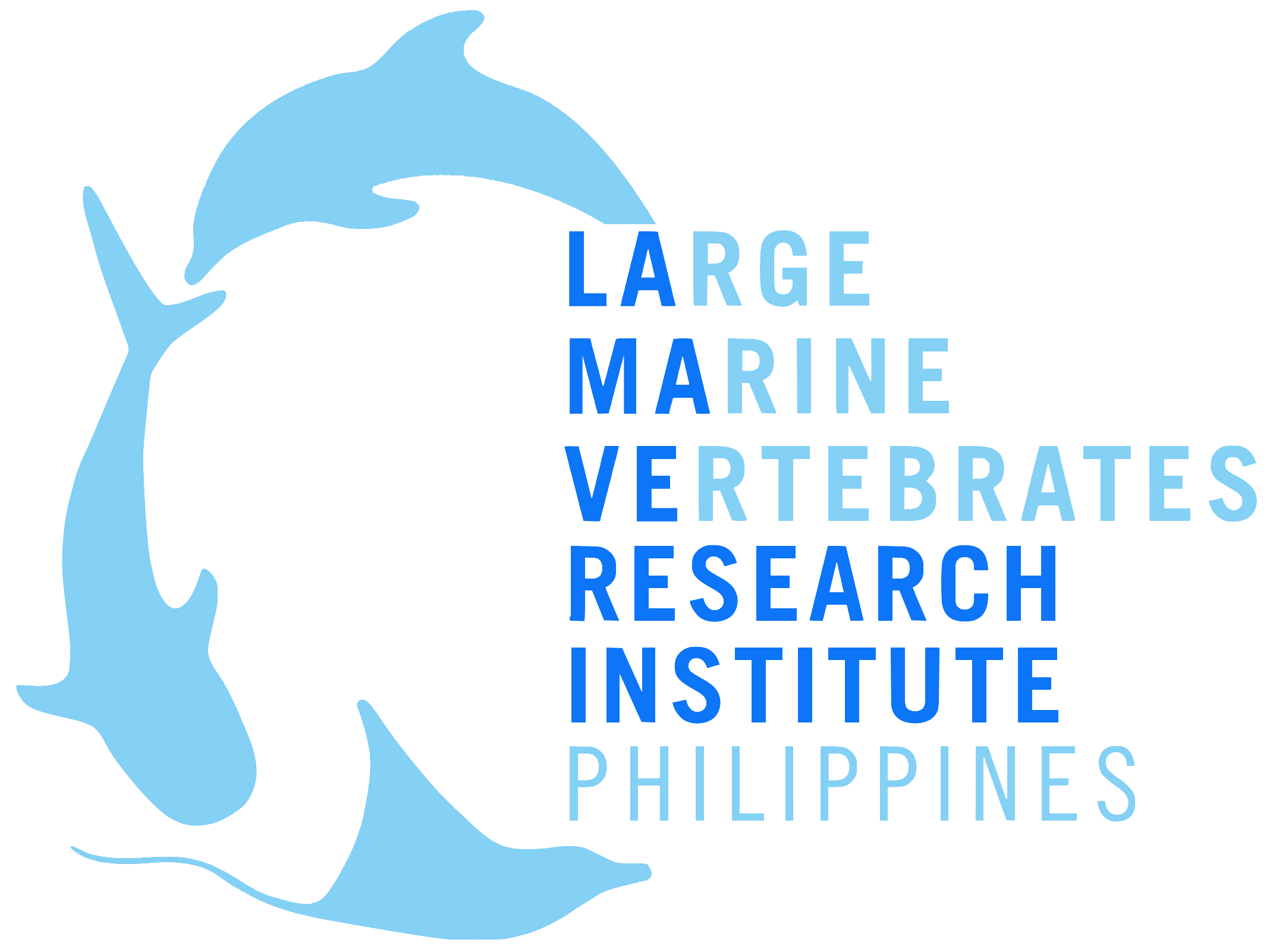NEWS
Save the Oceans with Your Diet - Go Fish Free this February
There are no longer plenty more fish in the sea! Fish Free February challenges you to help protect our oceans by removing seafood from your diet for 28 days and helping to raise awareness of the issues caused by intensive fishing practices.
Our oceans are in a state of global crisis, brought about by ocean warming, acidification, pollution, and habitat destruction. However, the biggest immediate threat to ocean life is from fisheries. Each year an estimated 1-2.7 trillion fish are caught for human consumption, though this figure does not include illegal fisheries, discarded fish, fish caught to be used as bait, or fish killed by not caught, so the real number is far higher. It is no wonder then, that today nearly 90% of the world’s marine stocks are fully exploited, overexploited or depleted. If we do not act fast, overfishing and damaging fishing practices will soon destroy the ocean ecosystems which produce 80% of the oxygen in our atmosphere and provide three billion people with their primary source of protein.
Fish Free February, a UK-registered charity, is challenging people around the world to take action for marine life in a simple but effective way. Take the Fish Free February Pledge and drop seafood from your diet for one month, or beyond. Fish Free February wants to get people talking about the wide range of issues associated with industrial fishing practices and putting the wellbeing of our oceans at the forefront of dietary decision-making. A third of all wild-caught fish are used to create feed for livestock, so Fish Free February urges us to opt for plant-based dishes as a sustainable alternative to seafood, sharing our best fish-free recipes on social media with #FishFreeFebruary and nominating our friends to do the same.
“Not all fishing practices are bad” explains Simon Hilbourne, founder of Fish Free February. “Well- managed, small-scale fisheries that use selective fishing gears can be sustainable. However, most of the seafood in our diet comes from industrial fisheries which often prioritise profit over the wellbeing of our planet, resulting in multiple environmental challenges. In some cases, the fishing industry has even been linked to serious human rights issues such as forced labour and human trafficking! Fish Free February hopes to shed more light on fishing practices, create wider discussion around these issues, and offer solutions to benefit people, wildlife, and the natural environment.”
To learn more about these issues and to take the Fish Free February pledge visit www.fishfreefebruary.com
Notes to editors:
Fish Free February is a UK Registered Charity (Charity Number 1191886)
People can pledge their support to go Fish Free this February through the website (www.fishfreefebruary.com/pledge).
Website: www.fishfreefebruary.com
Digital Campaign Toolkit: www.fishfreefebruary.com/digital-campaign-toolkit
Email: info[at]fishfreefebruary.com




